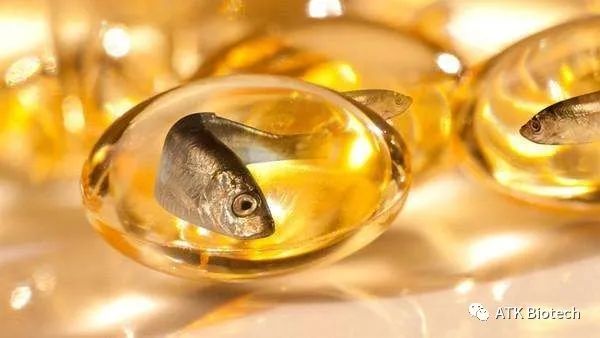The Tiankai Milk Protein team published an SCI article on α-lactalbumin hydrolysate to alleviate hypertension in animal models
In this day and age, high blood pressure is one of the major threats to people's health. According to the World Health Organization, more than 1 billion people worldwide suffer from high blood pressure, of which less than 1 in 5 are controlled.
The harm of high blood pressure is that it can lead to lesions of many organs, such as cardiovascular disease, kidney disease, arteriosclerosis, cerebrovascular (stroke), etc.
Angiotensin-converting enzyme (ACE) is an important link in the mechanism of blood pressure formation. A reasonable assumption is that hypertension can be effectively controlled by inhibiting ACE activity.
α-Lactalbumin is the highest whey protein in breast milk and the second highest whey protein component in cow's milk, which is very important for the health of the body and is a commonly added nutrient in infant formula on the market.
α-lactalbumin plays a multifaceted role in the human body, and its hydrolysate can relieve insulin resistance, improve gastrointestinal tolerance, and reduce the occurrence of inflammation.
Studies in the industry have shown that peptides with high antihypertensive or anti-uric acid can be obtained after hydrolysis of specific proteins, which provides new ideas for the exploration of high-value utilization of ordinary foods (raw materials).
On the basis of the previous research, the Tiankai milk protein team used high-purity α-lactalbumin as raw material, hydrolyzed by pepsin and pancreatic enzyme in the human digestive tract, and used mass spectrometry to construct a peptide library for components with a molecular weight of <3 kDa, and obtained five short peptides with high ACE inhibitory activity through computer-aided high-throughput screening technology: SLPEW, VSLPEW, GVSLPEW, VGINYW AND LDQWL. Inhibition kinetic studies have shown that LDQWL is a competitive inhibitor, SLPEW and VSLPEW are hybrid inhibitors, and the other two are non-competitive inhibitors.
Molecular Docking and circular dichromatography were used to elucidate the inhibition mechanism, and it was found that short peptides significantly changed the secondary structure of ACE enzymes by binding to active centers or causing steric hindrance effects in substrate channels, thereby achieving inhibition of ACE activity.
In this study, the innovative use of In vitro digestion to prepare short peptide mixtures, assisted in the screening of ACE inhibitory peptides by computer simulation (in silico), is the key to rapid preparation and efficient directional screening of targets under modern technical conditions.
The discovery of ACE inhibitory peptide opens up new ideas for expanding and deepening the application of α-lactalbumin, and also provides a new and safe option for the control of common hypertension.
Next, the technical team of Tiankai will verify the effectiveness of the obtained ACE inhibitory peptide in vivo (in vivo), and Xiaobian will update you on the relevant progress in time.

In vitro-in silico screening strategy and mechanism of angiotensin I-converting enzyme inhibitory peptides from α-lactalbumin - ScienceDirect







